History of Apple Cider Vinegar in Ancient Civilizations
|
When was apple cider vinegar first discovered? Why has apple cider vinegar been used throughout the centuries? Roman soldiers, including Julius Caesar, drank ‘posca’: an apple vinegar with spices, as a stimulating, invigorating and fortifying drink. Hippocrates, the father of Western medicine, was already using vinegar as an antiseptic for coughs and colds as far back as 2500 years ago. And he also mixed vinegar with honey as a general tonic for good health. |
 |
 |
Hippocrates, the father of Western medicine, was already using vinegar as an antiseptic for coughs and colds as far back as 2500 years ago. And he also mixed vinegar with honey as a general tonic for good health. Song Ci, the Chinese forefather of forensic medicine, advised in 1200 BC vinegar with Sulphur to prevent infections during autopsies. This was long before the Hungarian doctor Ignaz Semmelweis advised Western doctors to wash their hands during operations. Vinegar was recognised in the Ming Dynasty as a cleanser for both external and internal use. For example, fish, fruit, meat and vegetables were treated with vinegar to prevent contamination. |
In traditional Chinese medicine, vinegar is drunk to stop inner bleeding, to dissolve toxins, to remedy stagnation of bowel movements and to kill worms. Vinegar is also used to enhance Qi (chi or life force) and to speed up blood circulation. The Japanese samurais (1185 – 1868) drank rice vinegar with water (komesu) to boost their life force (energy).
The prophet Mohammed stated this in the 7th century:
Islamic scientist Geber, father of chemistry, discovered the isolate ‘acetic acid’ around the year 800 and devoted extensive studies to vinegar.
The father of Unani medicine Avicenna prescribed vinegar as an expectorant, digestive, a very effective coagulant and as an ideal balm that can be used to treat skin inflammations and burns. This Islamic scientist wrote a five-volume encyclopaedia on medicine (Al-Qanum fi’t Tibb). This work was translated into Latin in the 17th century and had been the medical reference throughout the whole of Medieval Europe. Unani medicine is based on Hippocrates’ theory of four life fluids: blood, mucus, yellow and black bile.
Vinegar was used to fight against the plague. Bodies were rubbed with vinegar and vinegar was also drunk. A disinfectant brew of vinegar, garlic, rosemary, lavender, mint and other herbs enabled 4 crooks to survive in the 18th century during the plague period (4 thieves vinegar).
In the 20th century, settlers used vinegar as a spice, vegetable preservative, pickling agent and medicine.
in 1822 , the Dutchman Christian Persoon discovered that microorganisms, including the bacterium Acetobacter aceti, were responsible for the formation of vinegar. Pasteur was able to prove that the interaction between acidifying bacteria and fermenting wine (e.g. apples) was absolutely essential in making vinegar. It was also Pasteur who stated that the vinegar production process could be improved by adding a specified amount of Acetobacter aceti and other micro-organisms during the fermentation process.
America took to apple cider vinegar around 1700. During the 18th century, apple cider vinegar was the remedy for pneumonia for Americans. Pretty soon ‘switzel’ or ‘swizzle’ was being made and it became very popular. Vinegar mixed with water, honey (or with molasses or maple syrup) and ginger. Sometimes lemon juice or oatmeal were added.
Cider vinegar was also soaked in a sponge and put into small silver tins called vinaigrettes. This was then taken with you wherever you went and used as a deodorant. If you stank, you then sponged yourself down with a bit of vinegar and any herbs on the respective area(s).
In 1909, a physician from Vermont dr. Jarvis began to see vinegar as a cure-all. Vinegar for digestive problems and to kill harmful micro-organisms. In Switzerland, people were given apple cider vinegar with honey (honey vinegar) in sanatoriums. 1 to 4 times a day. To free patients from disease and alleviate their feelings of fatigue.
“One of the oldest, cheapest and most versatile remedies” – Larry Trivieri wrote in 2017 in the book “Apple Vinegar Encyclopaedia”.

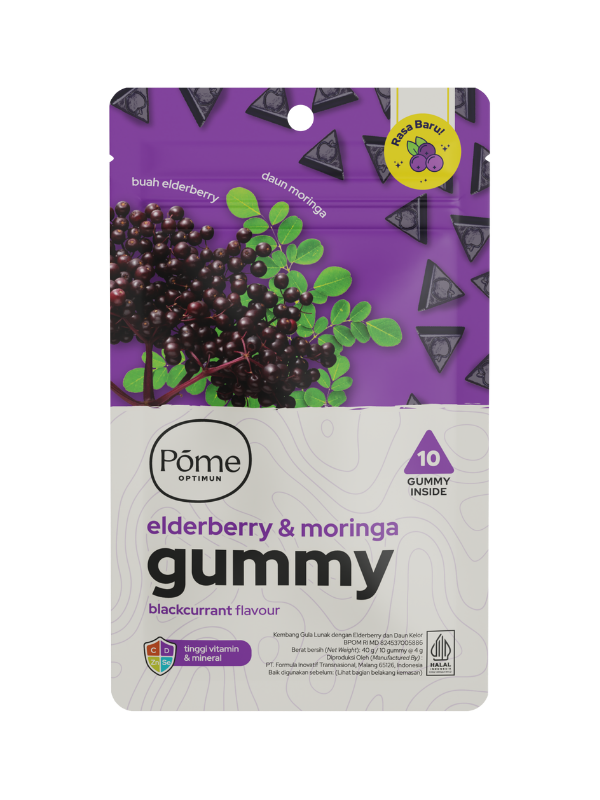
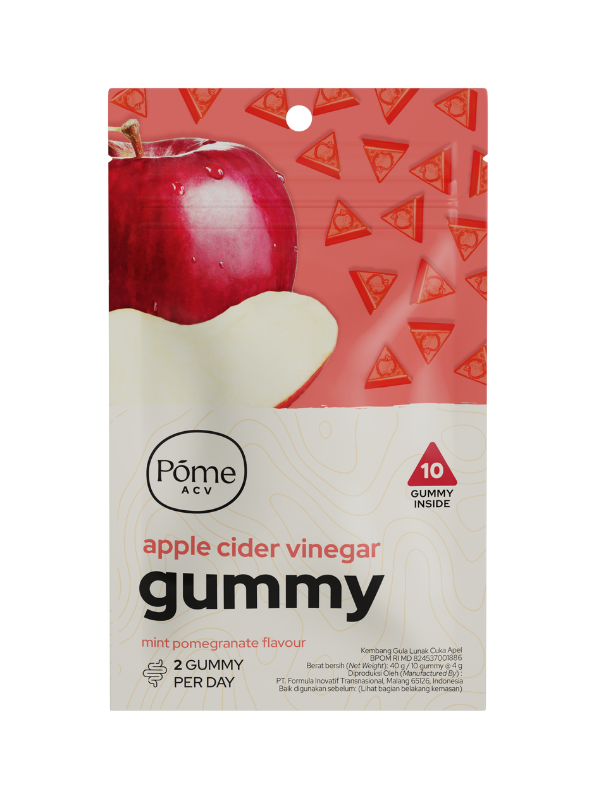
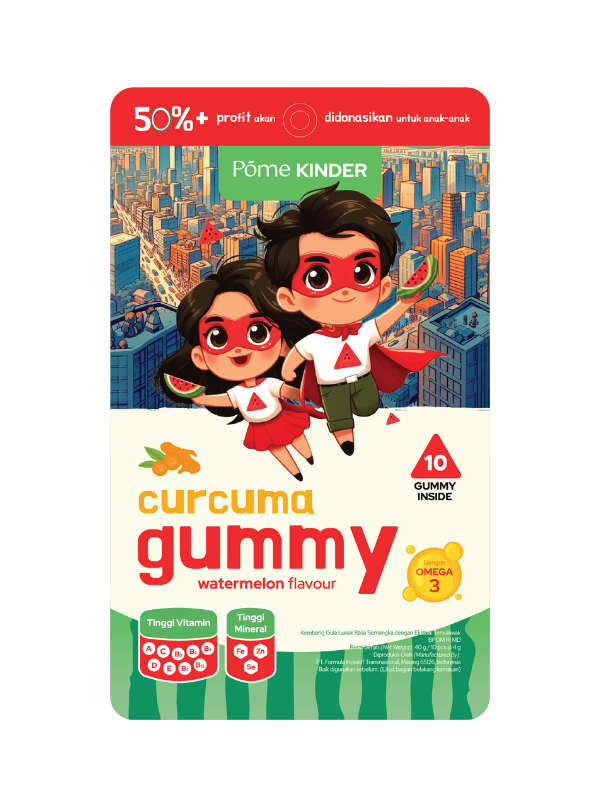
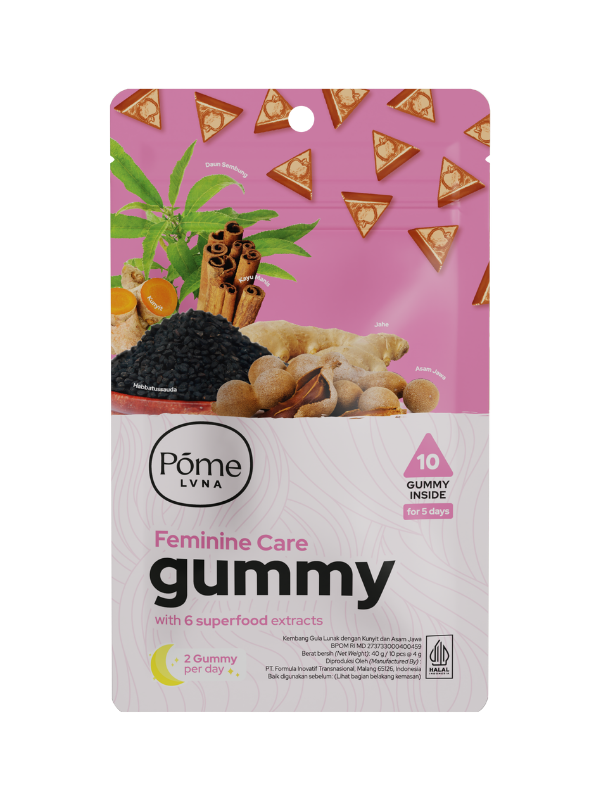
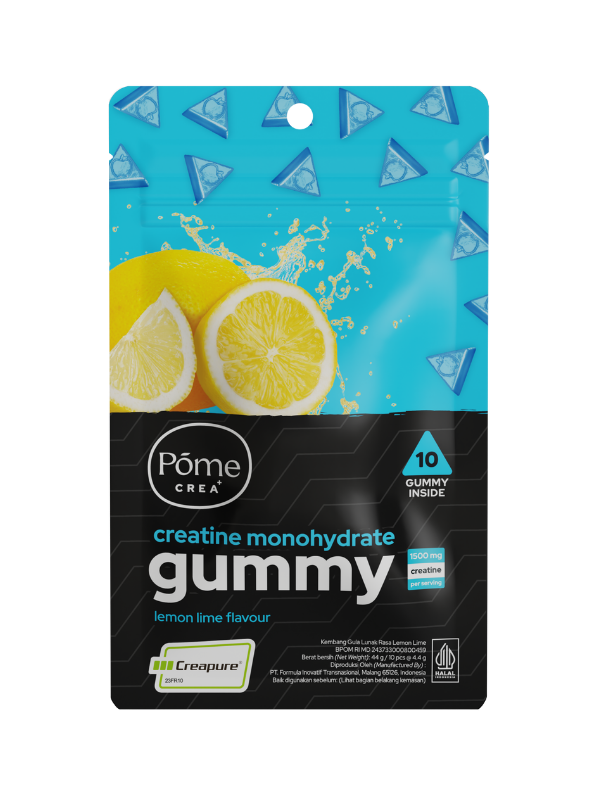
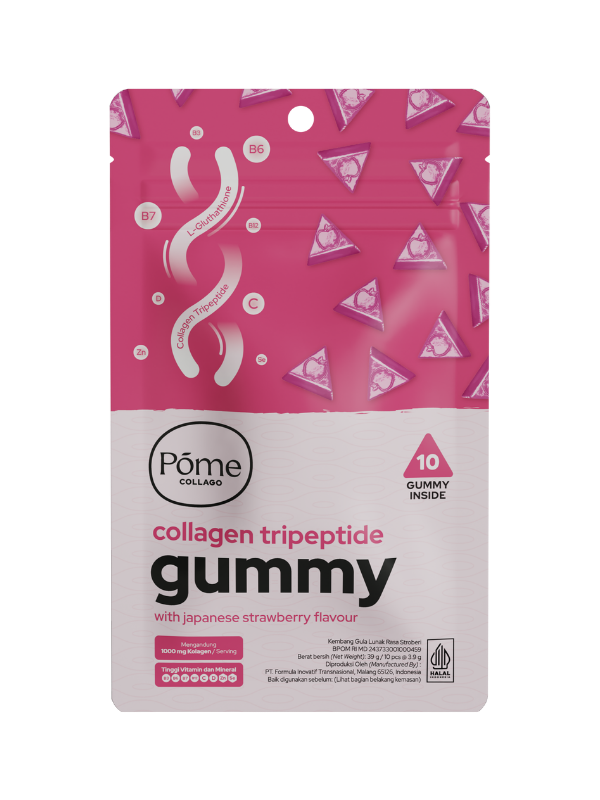
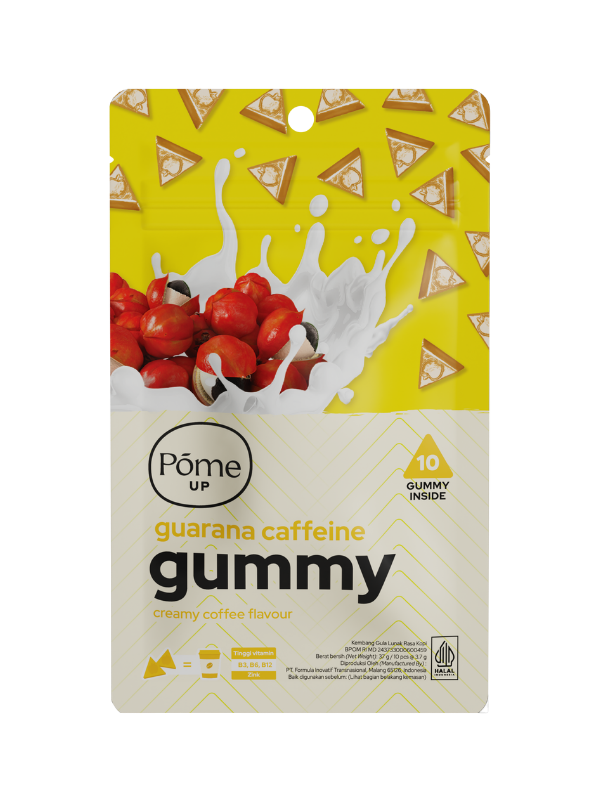
Tulis komentar
Ingat, komentar harus sudah disetujui sebelum dipublikasikan